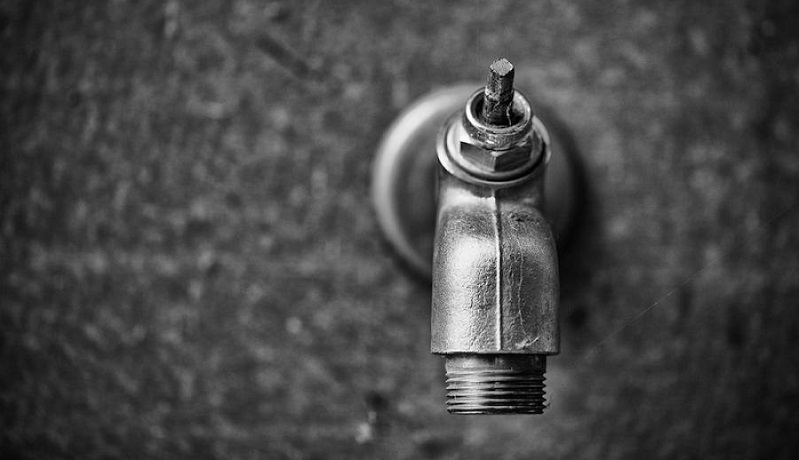The City of Cape Town is considering introducing stricter and slightly costlier water restrictions due to its dam having 15% lower water levels than normal.
The city’s mayoral committee will host a council meeting tomorrow to decide whether or not it should implement the restrictions to preserve the long-term sustainability of its water.
A look at what these restrictions actually mean for residents makes the City of Joburg’s level two restrictions look like a polite request.
While Joburg’s water level restrictions are simply a few not so stringent bylaws that residents have to abide by, Cape Town’s involve having to pay more on your water bill, while using less.
Currently, level one restrictions mean if you normally uses 24 Kl of water every month at a cost of R294.62 and you reduce your household consumption by 10%, you will still receive a bill for a similar amount.
Level two restrictions means if you normally pay the above mentioned on your water bill and save at least 20% on your consumption, you’ll pay R344.75.
The table below details how much more you’d pay under each restriction. A full document detailing additional charges for all household, commercial and public buildings, can also be found on the city’s website.
Some of the bylaws contained in the restrictions inlcude:
- Irrigation (e.g. hose pipe/sprinklers) is only to take place on Tuesdays, Thursdays and Saturdays during approved hours, and for no longer than an hour in total. Facilities/customers making use of boreholes or other alternative sources are not exempt.
- The maximum flow rate from any tap installed at a hand basin may not exceed 6 litres per minute.
- Automatic flushing cisterns or tipping tanks shall not be used for flushing a urinal.
- All automatic flushing cisterns fitted to urinals must be replaced with manually operated systems, or non-manual apparatus that only flushes after each use.
- Terminal water fittings (taps and outlets) installed outside any buildings, other than residential buildings, must incorporate a self-closing device, or have a removable handle for operating purposes, or be capable of being locked to prevent unauthorised use; or be of a demand type that limits water use for each operation.
“Due to the City’s effective demand strategies, our water supply is more secure than many other metros. However, given that Cape Town is situated in a semi-arid area, it is important that we are not complacent,” the city said in a statement.
The city will announce the outcomes of the council meeting soon after it concludes tomorrow.
[Source – City of Cape Town, image – CC by Roger]

